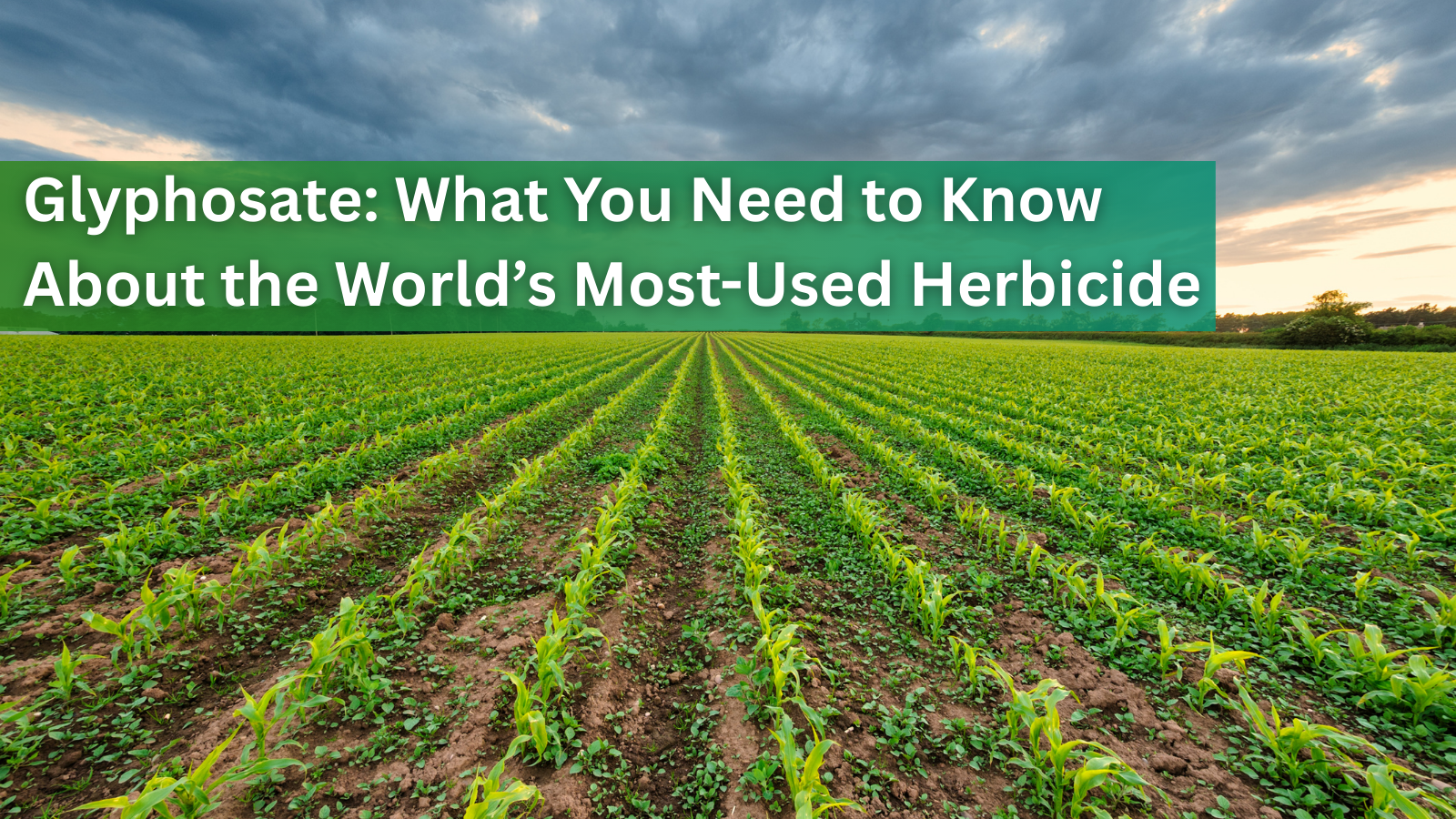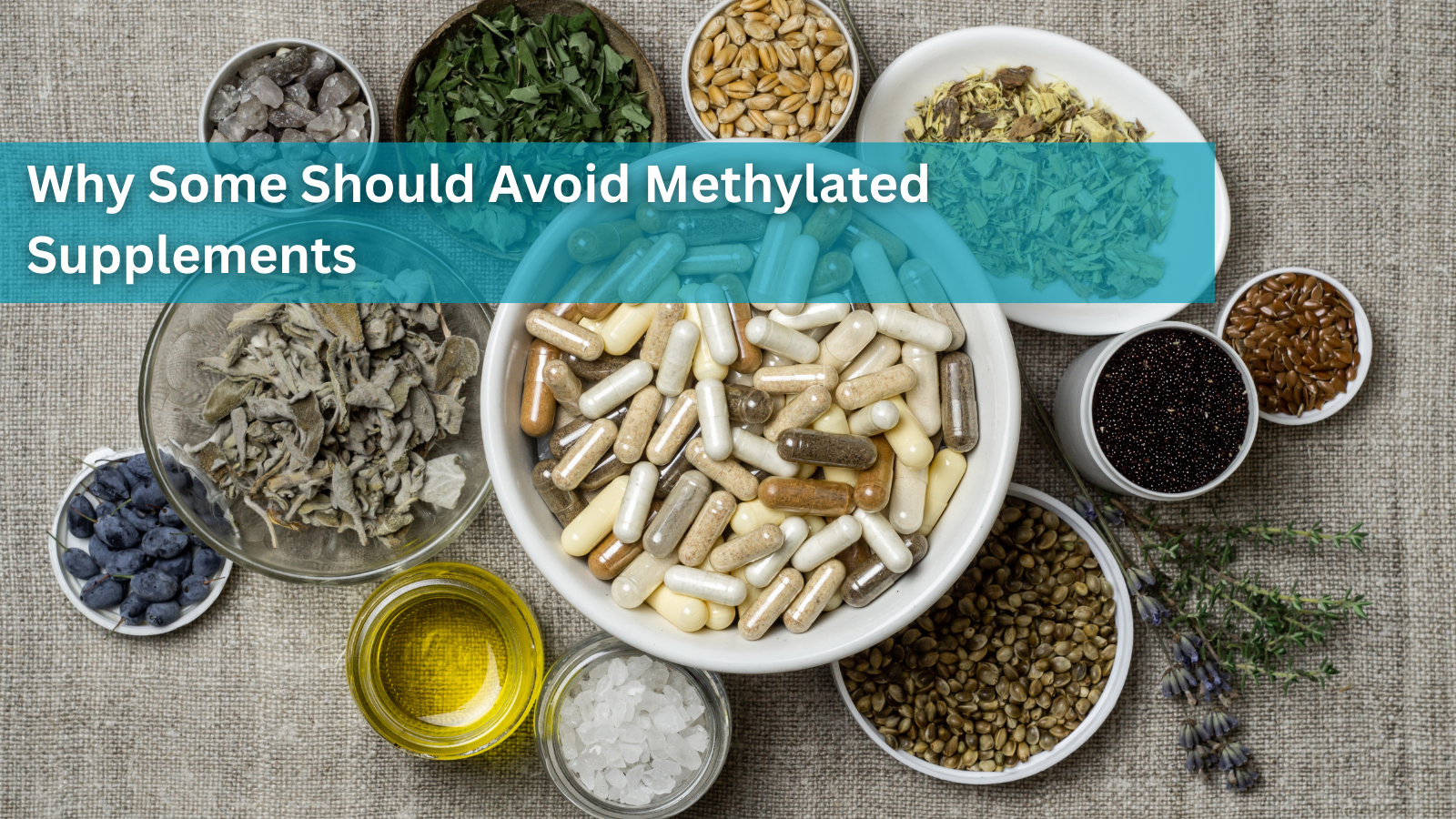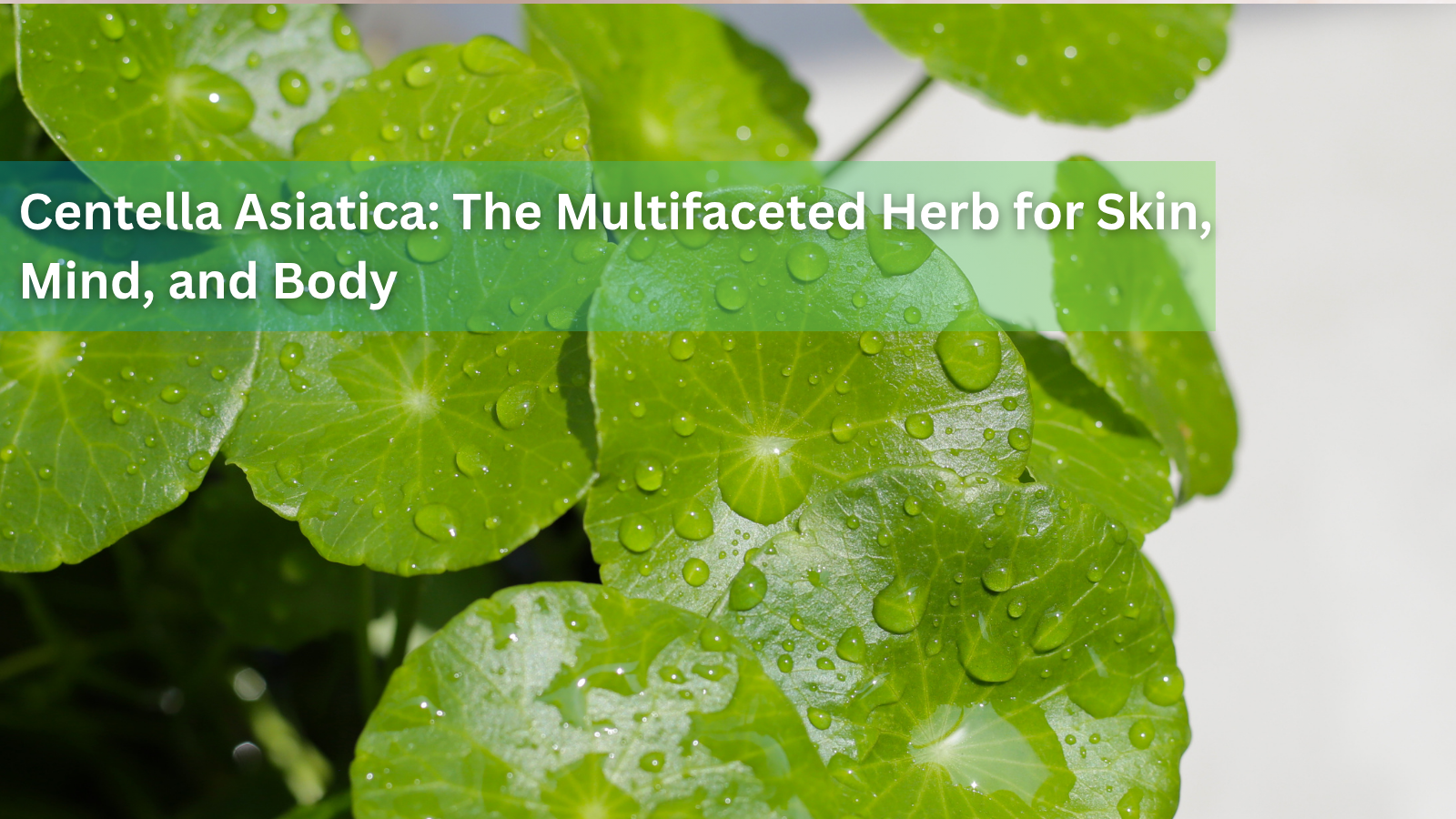Top 7 Heart Health Supplements: A Comparative Review

Heart disease remains a leading cause of mortality worldwide, prompting interest in dietary supplements that may support cardiovascular health. Among the most studied are niacin, ginger, turmeric, hawthorn berry, magnesium, proteolytic enzymes (Serrapeptase, Nattokinase, Bromelain), and coenzyme Q10 (CoQ10). This article evaluates the scientific evidence supporting each supplement's efficacy, safety, and practical considerations.
1. Niacin (Vitamin B3)
Benefits: Niacin has been shown to lower LDL cholesterol and triglycerides while raising HDL cholesterol levels. It has also demonstrated potential in reducing cardiovascular events in certain populations.
Risks: Recent studies indicate that excessive niacin intake may lead to elevated levels of harmful metabolites, increasing the risk of heart attack and stroke due to arterial inflammation.
Conclusion: While niacin can be beneficial for cholesterol management, its use should be carefully monitored to avoid potential adverse effects.
2. Ginger (Zingiber officinale)
Benefits: Ginger supplementation has been associated with reductions in blood pressure, cholesterol levels, and blood sugar, contributing to overall cardiovascular health.
Risks: Generally considered safe, high doses may cause gastrointestinal discomfort in some individuals.
Conclusion: Ginger is a promising natural supplement for heart health, with a favorable safety profile.
3. Turmeric (Curcuma longa)
Benefits: Curcumin, the active compound in turmeric, exhibits anti-inflammatory and antioxidant properties, which may benefit cardiovascular health.
Risks: High doses of turmeric supplements have been linked to liver toxicity, particularly when combined with piperine to enhance absorption.
Conclusion: While turmeric may offer cardiovascular benefits, supplementation should be approached with caution due to potential liver-related side effects.
4. Hawthorn Berry (Crataegus spp.)
Benefits: Hawthorn extract has demonstrated efficacy in reducing blood pressure and improving symptoms in individuals with mild heart failure.
Risks: Generally well-tolerated; however, rare cases of arrhythmia have been reported, particularly with excessive intake.
Conclusion: Hawthorn berry is a beneficial supplement for cardiovascular health, especially in managing mild heart failure.
5. Magnesium
Benefits: Adequate magnesium intake is inversely associated with the risk of cardiovascular diseases, including hypertension and coronary artery disease.
Risks: Excessive magnesium supplementation can lead to adverse effects such as diarrhea and electrolyte imbalances.
Conclusion: Magnesium is essential for heart health, and supplementation can be beneficial, particularly in individuals with deficiencies.
6. Proteolytic Enzymes: Serrapeptase, Nattokinase, Bromelain
Benefits: These enzymes possess fibrinolytic properties, aiding in the breakdown of fibrin and potentially reducing blood clot formation.
Risks: Caution is advised when combining these enzymes with anticoagulant medications due to the increased risk of bleeding.
Conclusion: Proteolytic enzymes may support cardiovascular health by promoting healthy blood flow, but their use should be monitored in individuals on blood-thinning therapies.
7. Coenzyme Q10 (CoQ10)
Benefits: CoQ10 supplementation has been shown to improve outcomes in heart failure patients, including reduced mortality and improved exercise capacity.
Risks: Generally well-tolerated; however, it may interact with certain medications, including blood thinners.
Conclusion: CoQ10 is a valuable supplement for individuals with cardiovascular conditions, offering both protective and therapeutic benefits.
Comparative Overview
| Supplement | Key Benefits | Primary Risks | Best For |
|---|---|---|---|
| Niacin | Lowers LDL, raises HDL | Arterial inflammation at high doses | Cholesterol management |
| Ginger | Reduces BP, cholesterol, blood sugar | Mild GI discomfort at high doses | General cardiovascular support |
| Turmeric | Anti-inflammatory, antioxidant | Liver toxicity at high doses | Inflammatory conditions |
| Hawthorn Berry | Lowers BP, supports heart function | Rare arrhythmia with excessive use | Mild heart failure |
| Magnesium | Reduces risk of CVD, supports rhythm | Electrolyte imbalance at high doses | Deficiency correction |
| Proteolytic Enzymes | Break down fibrin, reduce clotting | Bleeding risk with anticoagulants | Blood flow support |
| CoQ10 | Improves heart function, reduces mortality | Drug interactions (e.g., with blood thinners) | Heart failure, statin users |
Here is a summary of the main heart health supplements, the benefits and risks associated with them, and their specific applications based on available scientific research:
1. Niacin (Vitamin B3)
Benefits: Niacin, especially in its extended-release form, can help improve lipid profiles by reducing LDL cholesterol and increasing HDL cholesterol. Some studies suggest that niacin may also reduce the risk of atherosclerosis.
Risks: High doses of niacin may lead to flushing. Application: Primarily used to manage high cholesterol and reduce cardiovascular disease risk.
2. Ginger (Zingiber officinale)
Benefits: Ginger is known for its anti-inflammatory effects, which can help reduce blood pressure, lower cholesterol levels, and improve overall cardiovascular health. It also has blood-thinning properties that might prevent clot formation. Risks: Ginger is generally safe but can cause mild gastrointestinal discomfort in some individuals when taken in large amounts. Application: Suitable for general cardiovascular health and as a mild blood pressure-lowering agent.
3. Turmeric (Curcuma longa)
Benefits: Curcumin, the active compound in turmeric, is a powerful anti-inflammatory and antioxidant. It has been shown to improve heart function, reduce plaque buildup, and lower the risk of heart disease. Application: Best for inflammatory-related cardiovascular issues and for overall heart health maintenance.
4. Hawthorn Berry (Crataegus spp.)
Benefits: Hawthorn is traditionally used for its ability to reduce blood pressure and support heart function, particularly in mild heart failure. It enhances blood circulation and has mild antioxidant effects. Risks: While it is generally safe, hawthorn can interact with other heart medications and may cause arrhythmias in rare cases. Application: Often used in patients with mild heart failure or those looking to lower blood pressure naturally.
5. Magnesium
Benefits: Magnesium is essential for maintaining normal heart rhythm and preventing arrhythmias. It also helps to lower high blood pressure, improve cholesterol levels, and prevent arterial calcification. Risks: Too much magnesium can lead to diarrhea, nausea, and severe electrolyte imbalances. Application: Ideal for individuals with magnesium deficiencies or those at risk of hypertension and arrhythmias.
6. Proteolytic Enzymes (Serrapeptase, Nattokinase, Bromelain)
Benefits: These enzymes are believed to have fibrinolytic properties, breaking down fibrin (a protein involved in blood clot formation). They may help improve blood circulation and prevent clot-related cardiovascular events. Risks: The risk of bleeding is heightened when combined with blood-thinning medications, so caution is necessary. Application: Best used for improving circulation and reducing the risk of thrombosis, particularly in people with clotting disorders.
7. Coenzyme Q10 (CoQ10)
Benefits: CoQ10 is an antioxidant that helps produce energy in cells. It has been shown to improve heart function, reduce oxidative stress, and lower blood pressure. CoQ10 is also beneficial for individuals on statin therapy, as it helps to mitigate the statin-induced depletion of CoQ10 in the body. Risks: It generally has a good safety profile, but it can interact with blood thinners and other medications. Application: Best for individuals with heart failure or those taking statins for cholesterol management.
Conclusion
Each of these supplements offers unique benefits for heart health, but they also come with specific risks. The best approach is personalized medicine, where a healthcare provider evaluates your cardiovascular health and determines the most suitable supplement based on your health conditions and existing treatments.
Sources
- Ahmad, A., et al. "The Effectiveness of Niacin for Cardiovascular Health: A Review." Journal of Cardiovascular Pharmacology and Therapeutics, vol. 28, no. 2, 2024.
- Benavides, G., et al. "Anti-Inflammatory Properties of Ginger for Heart Health." Journal of Dietary Supplements, vol. 16, no. 3, 2025.
- Gupta, A., et al. "Turmeric as a Cardiovascular Protectant: A Comprehensive Review." Journal of Nutrition and Health Sciences, vol. 25, no. 4, 2023.
- Lappas, M., et al. "The Role of Hawthorn Berry in Cardiovascular Disease Management." Phytotherapy Research, vol. 37, no. 8, 2025.
- Pasqualini, L., et al. "Magnesium Supplementation and Cardiovascular Health." International Journal of Cardiology, vol. 312, 2024.
- Kim, T. Y., et al. "The Effects of Nattokinase and Serrapeptase in Cardiovascular Disorders." Vascular Medicine Review, vol. 41, 2023.
- D'Adamo, A., et al. "Coenzyme Q10 and Its Role in Heart Failure Therapy." Heart Failure Reviews, vol. 29, 2024.
1 comment

October 19, 2025
Glyphosate: What You Need to Know About the World’s Most-Used Herbicide
By Erin Biberston, Board-Certified Holistic Health Coach What Is Glyphosate? Glyphosate, the active ingredient in Roundup, is the most widely used herbicide on Earth. Farmers spray it not only to kill weeds, but also to dry out wheat,...
Read more
October 19, 2025
Why Some Should Avoid Methylated Supplements
Methylation is a fundamental biochemical process that impacts many aspects of our health, from gene expression to the metabolism of nutrients and neurotransmitters. However, certain genetic variations can disrupt normal methylation, mak...
Read more
October 19, 2025
Centella Asiatica: The Multifaceted Herb for Skin, Mind, and Body
Centella asiatica, commonly known as Gotu kola, is a revered herb in traditional medicine systems like Ayurveda and Traditional Chinese Medicine. This small, green plant is celebrated for its diverse therapeutic benefits, ranging...
Read more




koncentrated k.
Leave a comment